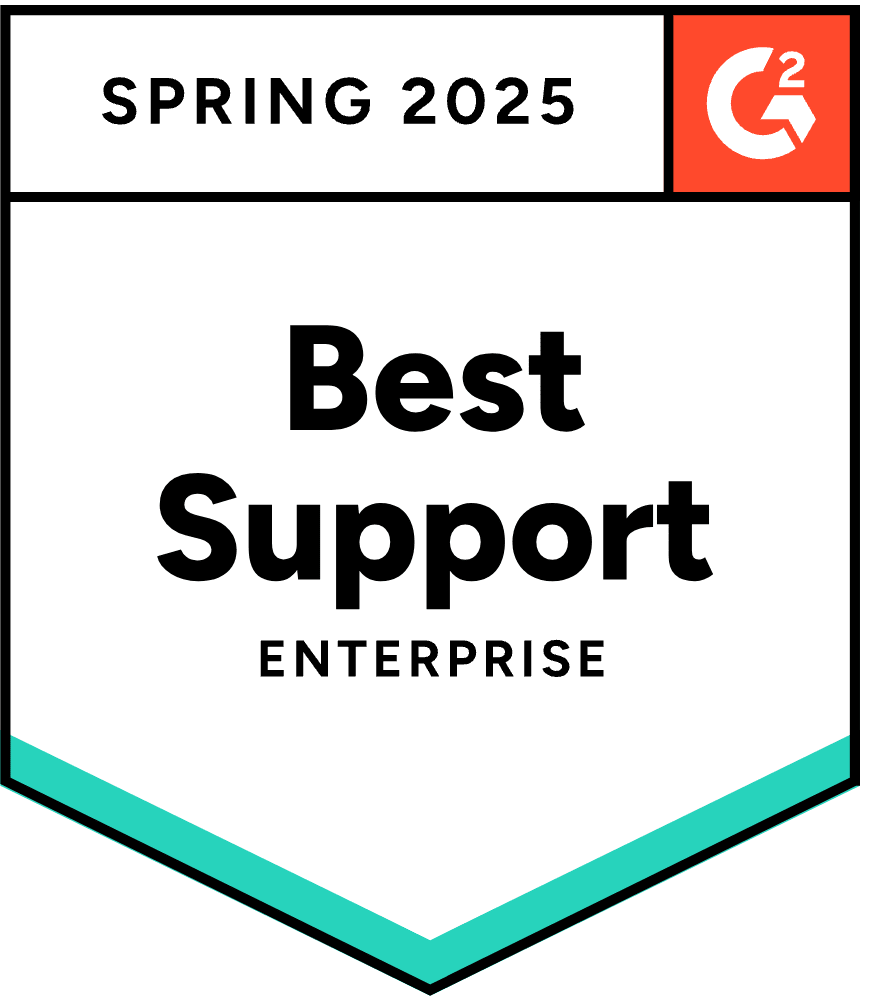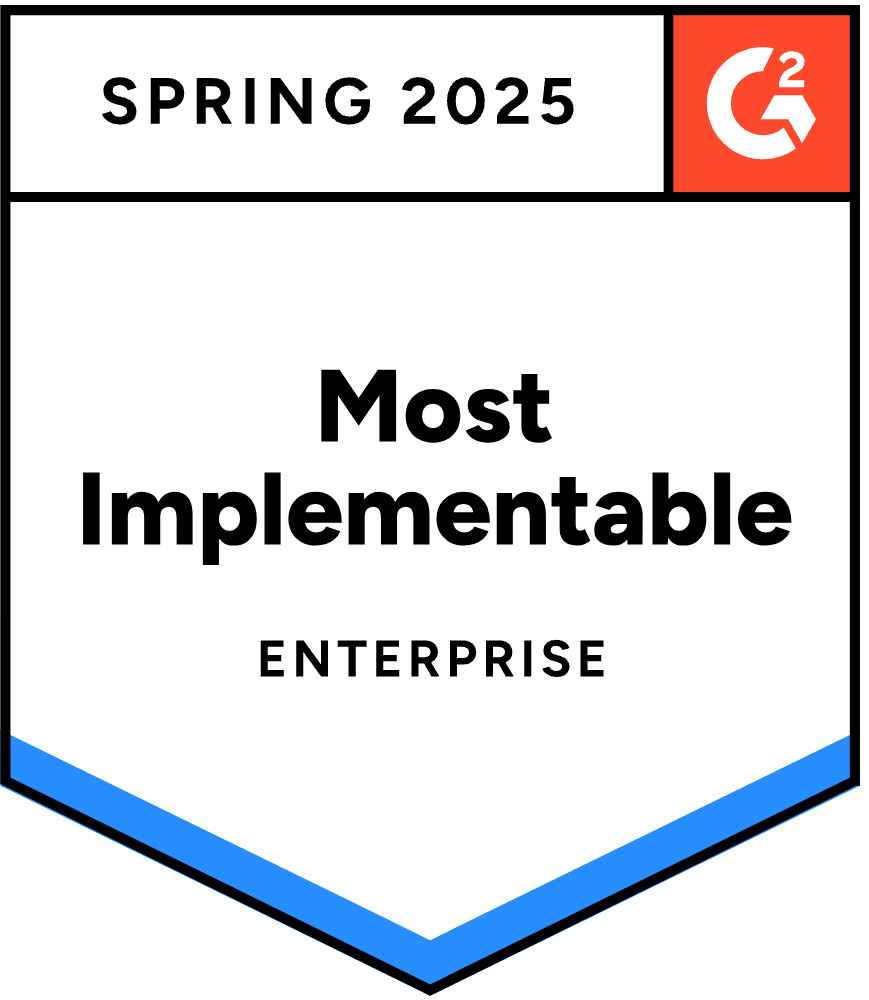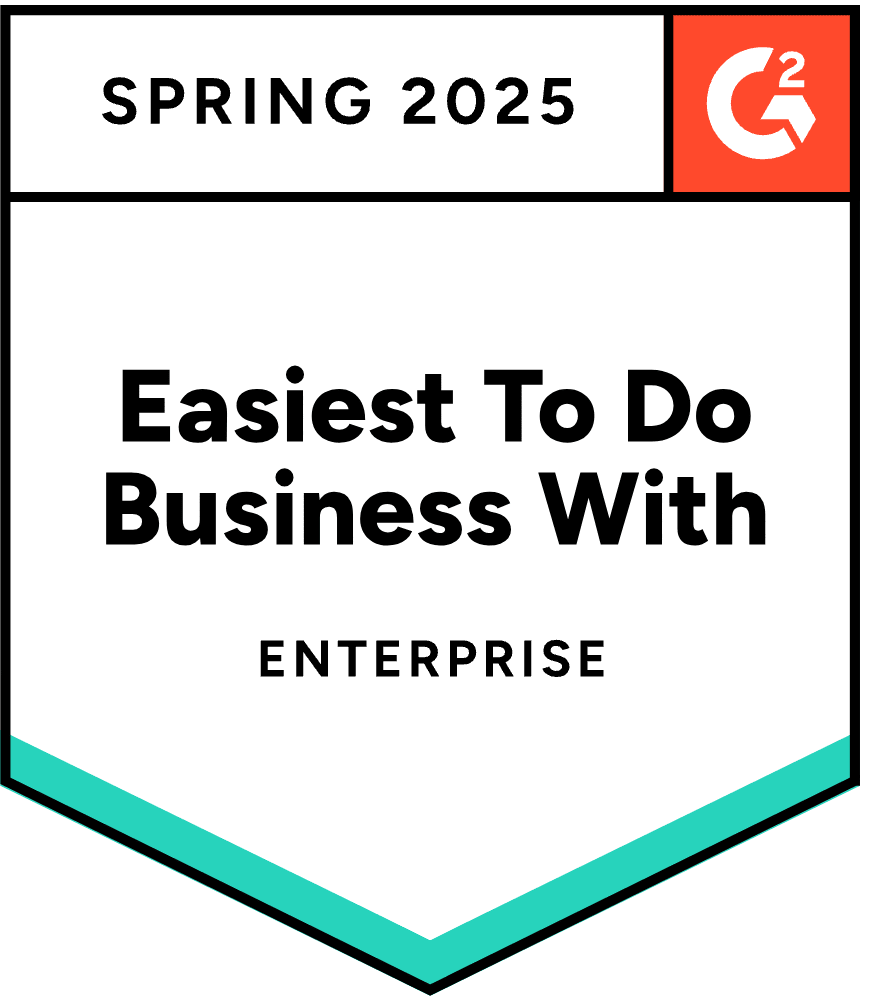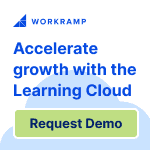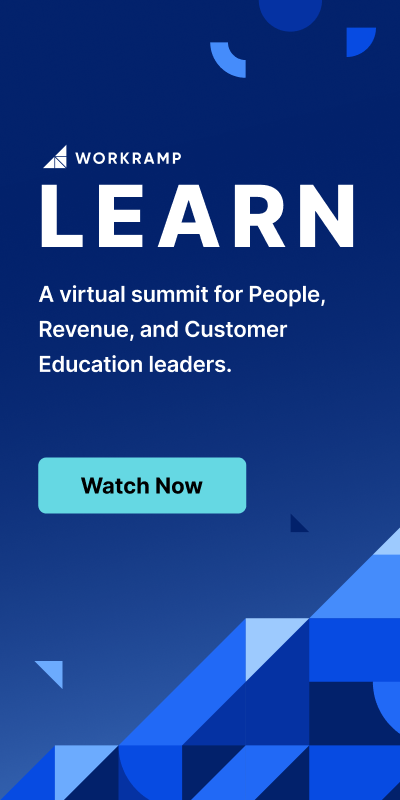You might also like
Leadership
Industry leaders offer advice to help you take the new year head-on
As 2022 draws to a close, we have all learned one thing in a post-pandemic world: expect the unexpected.
Customer Education
Learn how a customer education program can help you boost engagement and retention
An effective customer ed program can help users and have a significant impact on long-term business goals.
L&D
Lessons learned from a successful L&D pilot
You can’t afford to miss out on the benefits of L&D. Discover actionable tips you can apply at your organization.
Ready to Explore Online Learning Platforms?
Get in touch to learn how WorkRamp can help you achieve your training goals.
Request a Demo